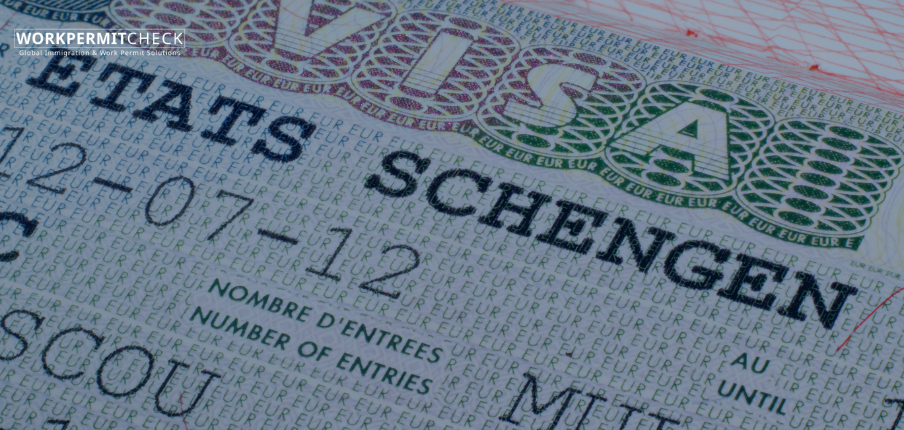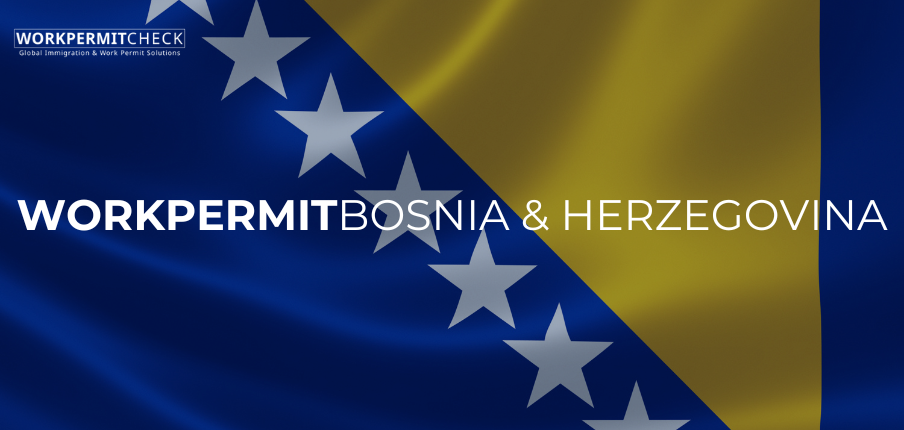With the rise of digital nomadism and remote employment, more professionals are choosing to work for foreign companies while residing in different countries. This shift has introduced complex legal questions, one of the most common being: Do remote workers need a work permit?
The answer depends on a combination of factors including the host country’s immigration laws, the nature of the remote work, the duration of stay, and tax obligations. This article provides a comprehensive overview of the key considerations for remote workers regarding work permits.
What Is Considered Remote Work?
Remote work typically refers to employment in which an individual works from a location outside the traditional office environment, often from another country, while remaining digitally connected to an employer or clients. This includes:
-
Full-time employment with a foreign company
-
Freelance work for international clients
-
Running an online business from abroad
Whether or not remote work is legally considered "work" requiring a permit depends on the laws of the country where the remote worker resides.
Key Factors That Determine the Need for a Work Permit
1. Country of Residence
Each country has its own definition of what constitutes “work.” Some countries consider any income-generating activity as work, even if the employer is based abroad. In such cases, a work permit may be required.
Other countries may not require a permit if the work is performed solely for a foreign company and does not involve the local labor market or economy.
2. Duration of Stay
Short stays (e.g., under 90 days) in a country under a tourist visa may be tolerated for remote workers in some jurisdictions. However, longer stays often trigger immigration obligations, such as applying for a residence or digital nomad visa.
3. Type of Visa Held
Working on a tourist visa is typically prohibited, regardless of whether the work is remote. Countries that offer specific digital nomad or remote work visas usually allow you to legally stay and work remotely for longer periods.
4. Employer Location vs. Tax Residency
Even if a country does not require a work permit, residing there for an extended period might make you a tax resident, requiring registration and taxation on global income. This is separate from immigration but equally important.
Countries with Digital Nomad or Remote Work Visas
In recent years, many countries have introduced special visa categories that cater specifically to remote workers. These include:
-
Estonia
-
Portugal
-
Croatia
-
Barbados
-
Georgia
-
Costa Rica
-
Spain
-
Greece
These programs typically allow individuals to live in the country while working for an employer or clients outside the host country. While they do not always require a traditional work permit, applicants must often meet certain income requirements and provide proof of employment or self-employment.
Risks of Working Without Proper Authorization
Working remotely in a foreign country without the appropriate visa or permit can lead to serious consequences, such as:
-
Fines or deportation
-
Blacklisting or bans on future entry
-
Tax penalties for unregistered income
-
Legal action against the employer in some jurisdictions
When a Work Permit May Be Required
A traditional work permit may be necessary if:
-
You work remotely for a local company or client
-
You conduct business meetings or sales in the host country
-
You employ locals or operate a physical business presence
-
You stay longer than the tourist visa period without transitioning to a legal status
Final Thoughts
Remote workers must carefully research and comply with the immigration and tax laws of the countries in which they intend to live and work. While many countries are adapting to the global trend of remote work by offering specific visa pathways, working on a tourist visa or without proper authorization remains risky and can lead to legal issues.
If you plan to work remotely from abroad, it is strongly recommended to consult the immigration rules of the destination country or speak with a legal expert to ensure compliance.
May 19, 2025



















































































